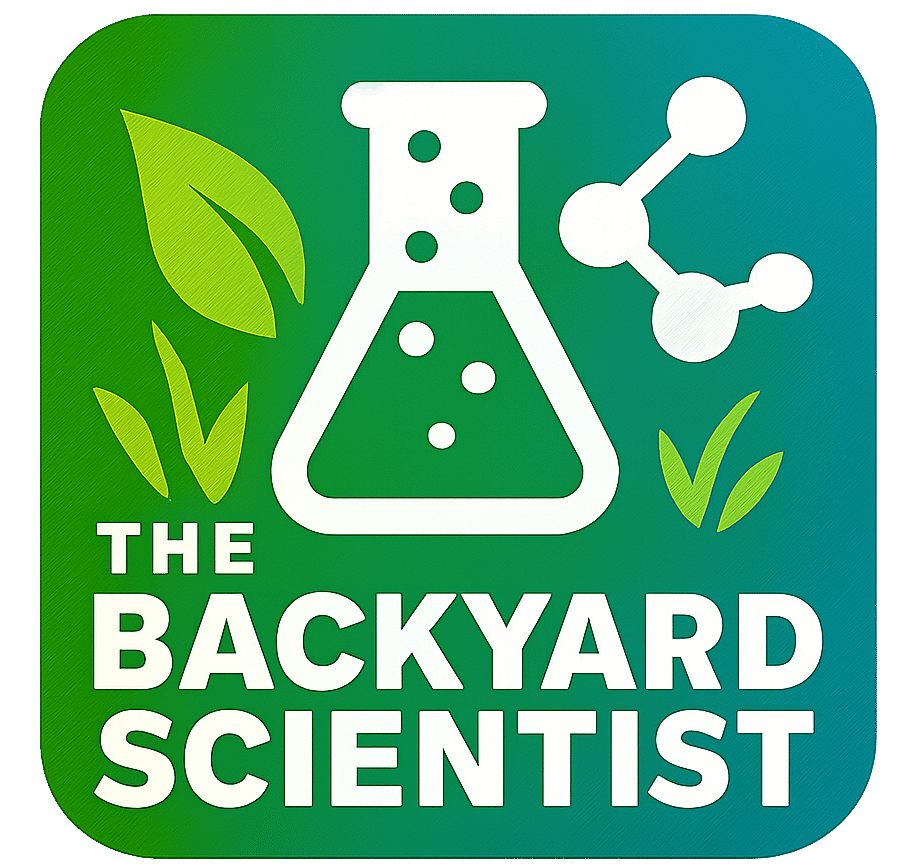The Surprising Science Behind Backyard Experiments: Turning Curiosity Into Discovery
Introduction
Have you ever wondered how small, simple experiments in your backyard can lead to big discoveries? From chemical reactions using household items to physics tricks with everyday objects, science doesn’t always need a fancy lab. In fact, many great scientific ideas started with curiosity and small experiments. In this post, we’ll explore how backyard science experiments reveal surprising principles of chemistry, physics, and biology — and why they are trending among young learners, DIY enthusiasts, and even researchers today.
Why Backyard Science is More Than Just Fun
Many people think backyard experiments are just for kids, but in reality, they encourage hands-on learning and spark the same curiosity that drives real research.
- Engagement: Experiments make science interactive instead of theoretical.
- Learning by Doing: Handling real objects helps us understand concepts better than reading from a textbook.
- Discovery at Home: Many scientific laws can be demonstrated with materials found around the house.
For example, playing with non-Newtonian fluids like cornstarch and water shows how matter can behave like both a solid and liquid — something that has real-world applications in shock absorbers and body armor.
Trending Backyard Science Discoveries in 2025
1. DIY Plasma Experiments with Grapes and Microwaves
Recent viral experiments show how cutting grapes almost in half and microwaving them creates plasma sparks. This strange effect is not magic — it’s science. The thin skin bridge between the grape halves focuses microwaves, generating high heat and ionizing the air, producing visible plasma. Researchers are now using this experiment to study safe plasma applications in medicine and sterilization.
2. Eco-Friendly Chemistry: Plastic Eating Bacteria
Backyard compost experiments reveal that certain household food waste, when exposed to natural bacteria, can speed up the breakdown of plastics. New studies show how enzymes from bacteria can degrade polyethylene within weeks, not centuries. Imagine testing this in your garden with biodegradable plastics!
3. The Physics of Liquid Nitrogen Fun
Liquid nitrogen tricks (like smashing flowers or making instant ice cream) are not just entertaining — they demonstrate thermal shock and rapid gas expansion. With safety precautions, these experiments show why materials react differently under extreme temperatures.
4. Solar Energy Hacks
Building a simple solar oven with aluminum foil and cardboard is trending among eco-science enthusiasts. This experiment highlights how concentrated sunlight can cook food — teaching the principle of solar thermal energy, which is becoming vital in the renewable energy sector.
Real Research Backing Backyard Discoveries
- Journal of Science Education notes that hands-on experiments increase retention by up to 75% compared to passive learning.
- MIT Research (2023) found that small-scale plasma experiments (like grapes in microwaves) help model larger plasma systems used in nuclear fusion studies.
- Nature Reviews (2024) reported that enzyme-based plastic degradation, discovered in backyard-like setups, is now being scaled for industrial waste management.
How Backyard Science Inspires Future Scientists
From Einstein’s compass experiments as a child to Faraday’s backyard chemistry, history proves that small-scale experiments often spark world-changing ideas. By experimenting at home, you’re not just having fun — you might be witnessing the early stages of the next big scientific discovery.
Conclusion
Backyard science is more than just a hobby — it’s a gateway to curiosity, discovery, and even groundbreaking research. Whether you’re experimenting with plasma in grapes, testing solar cookers, or exploring eco-friendly bacteria, every small step teaches something valuable about our universe.
So, next time you try an experiment, remember: today’s backyard curiosity could be tomorrow’s scientific breakthrough.
SEO Keywords Used Naturally: backyard science experiments, DIY science, plasma experiments, trending science discoveries, eco-friendly experiments, hands-on learning, solar energy hacks.
